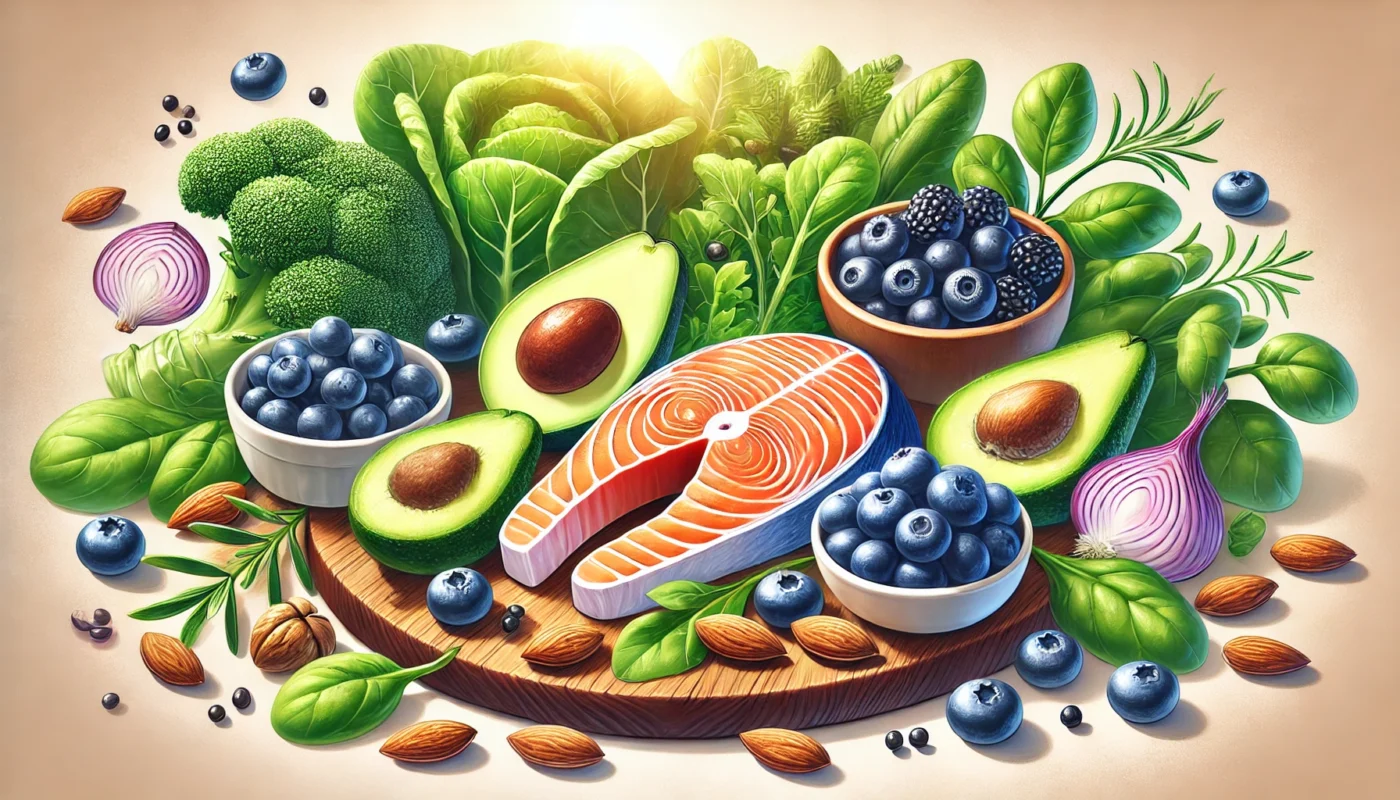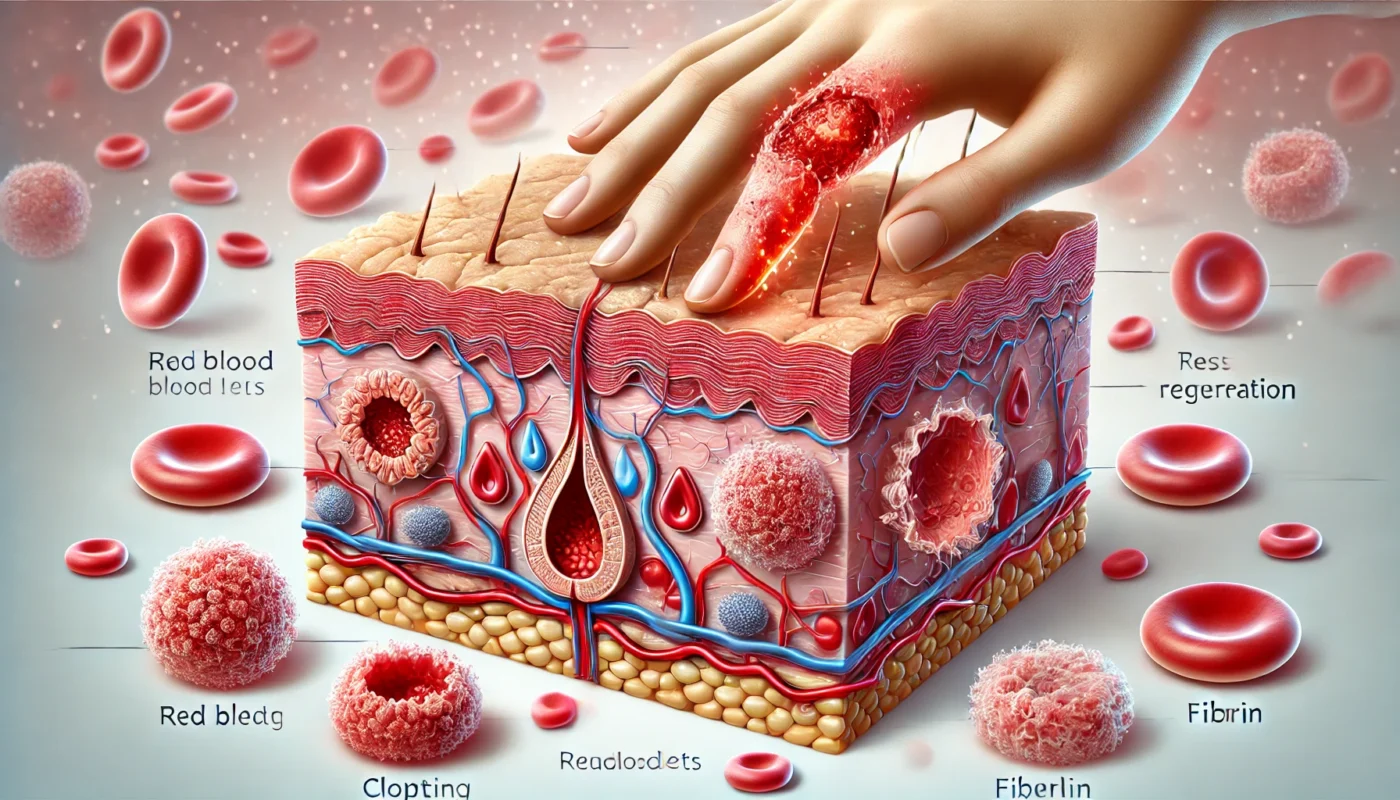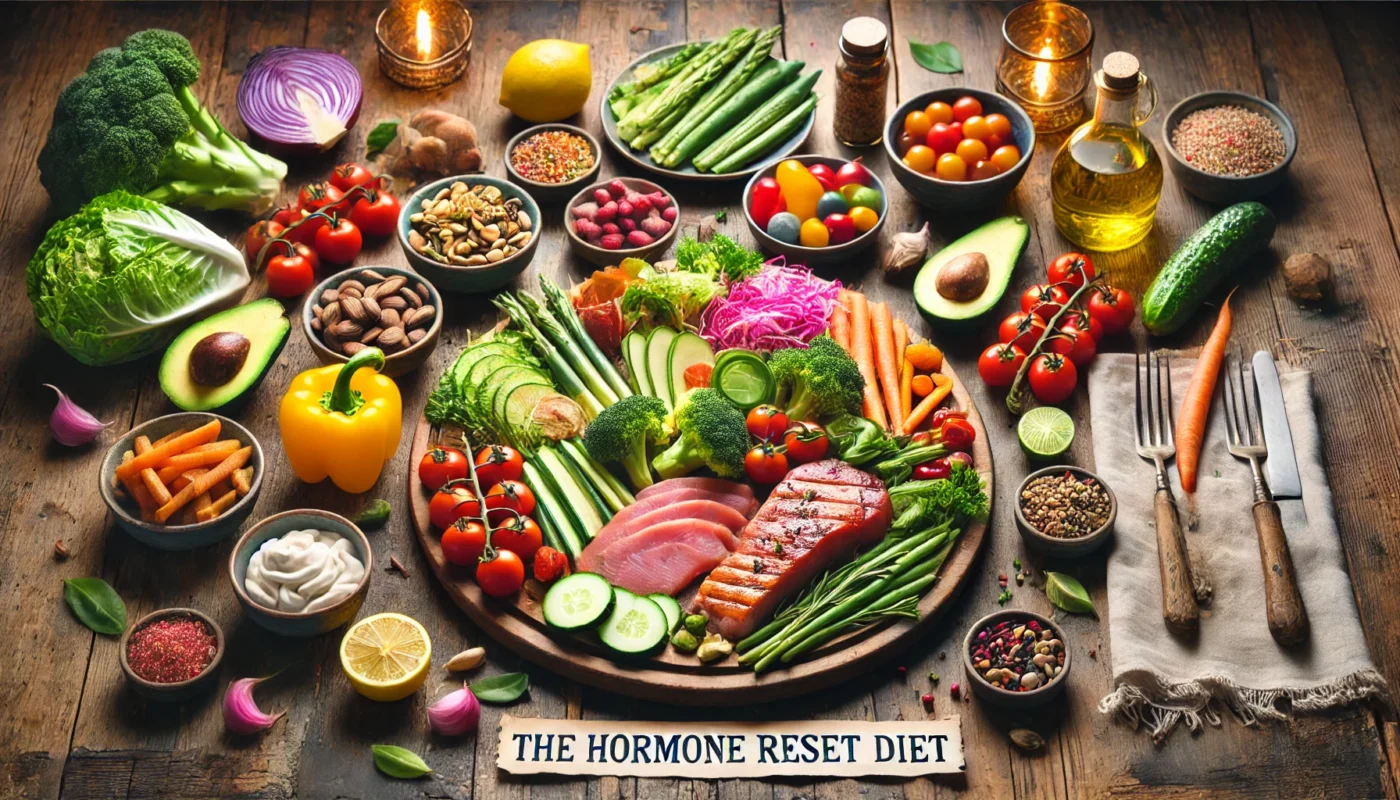Body aches are often a symptom of various underlying conditions, including fever and chills associated with the flu. When your immune system is battling an infection, your body’s response can result in muscle pain and discomfort. Understanding the cause is the first step in choosing the right remedy.
Tag Archives: healthy habits
To effectively combat swelling, it’s essential to comprehend what inflammation is and its role in your body. Inflammation is a natural response by your body’s immune system to fight off harmful stimuli, such as pathogens, damaged cells, or irritants. While acute inflammation is a protective mechanism, chronic inflammation can lead to various health issues.
Acute inflammation is a short-term response that usually occurs after an injury or infection. It’s characterized by redness, heat, swelling, and pain in the affected area. The purpose of acute inflammation is to eliminate the initial cause of cell injury, clear out damaged cells and tissues, and establish a repair process. In contrast, chronic inflammation is a prolonged inflammatory response that can last for months or even years. This type of inflammation can result from failure to eliminate the cause of acute inflammation, an autoimmune response to self-antigens, or a chronic irritant of low intensity that persists.
Inflammatory cells play a crucial role in the body’s response to injury or infection. Neutrophils, monocytes, and macrophages are types of white blood cells that rush to the site of injury or infection, where they engulf and destroy pathogens and debris. These cells release enzymes and chemical signals that recruit more immune cells to the area, amplifying the inflammatory response. While these processes are essential for protecting and repairing the body, they can also cause tissue damage if left unchecked.
The skin, being the largest organ of the body, requires a diverse array of nutrients to maintain its structural integrity and functional properties. A balanced diet rich in specific vitamins, minerals, and antioxidants is crucial for skin health, influencing everything from elasticity to the skin’s natural glow.
Historically, various cultures have entertained unique practices that might seem odd by today’s standards. The act of eating scabs, though not widely documented, may find its roots in ancient ritualistic or survival behaviors. Some anthropologists suggest that such practices could have been linked to beliefs about gaining strength or healing powers from one’s own body. In ancient times, the emphasis on natural and self-reliant healing might have led communities to explore unconventional methods, including the reuse of one’s biological materials.
Moreover, in some ancient societies, the body was viewed as a sacred entity, with each component possessing unique properties. This perspective might have contributed to the acceptance of practices like scab eating, as it was seen as a way to harness the body’s innate healing capabilities. Additionally, survival instincts in harsh environments may have encouraged individuals to utilize every available resource, including their own body, to maintain health and vitality.
Hormones are chemical messengers that regulate a multitude of bodily functions, including metabolism, mood, growth, and reproductive processes. When these hormones are out of balance, you may experience symptoms such as fatigue, weight gain, mood swings, and digestive issues. Understanding the root causes of hormonal imbalance is crucial to effectively addressing them.





